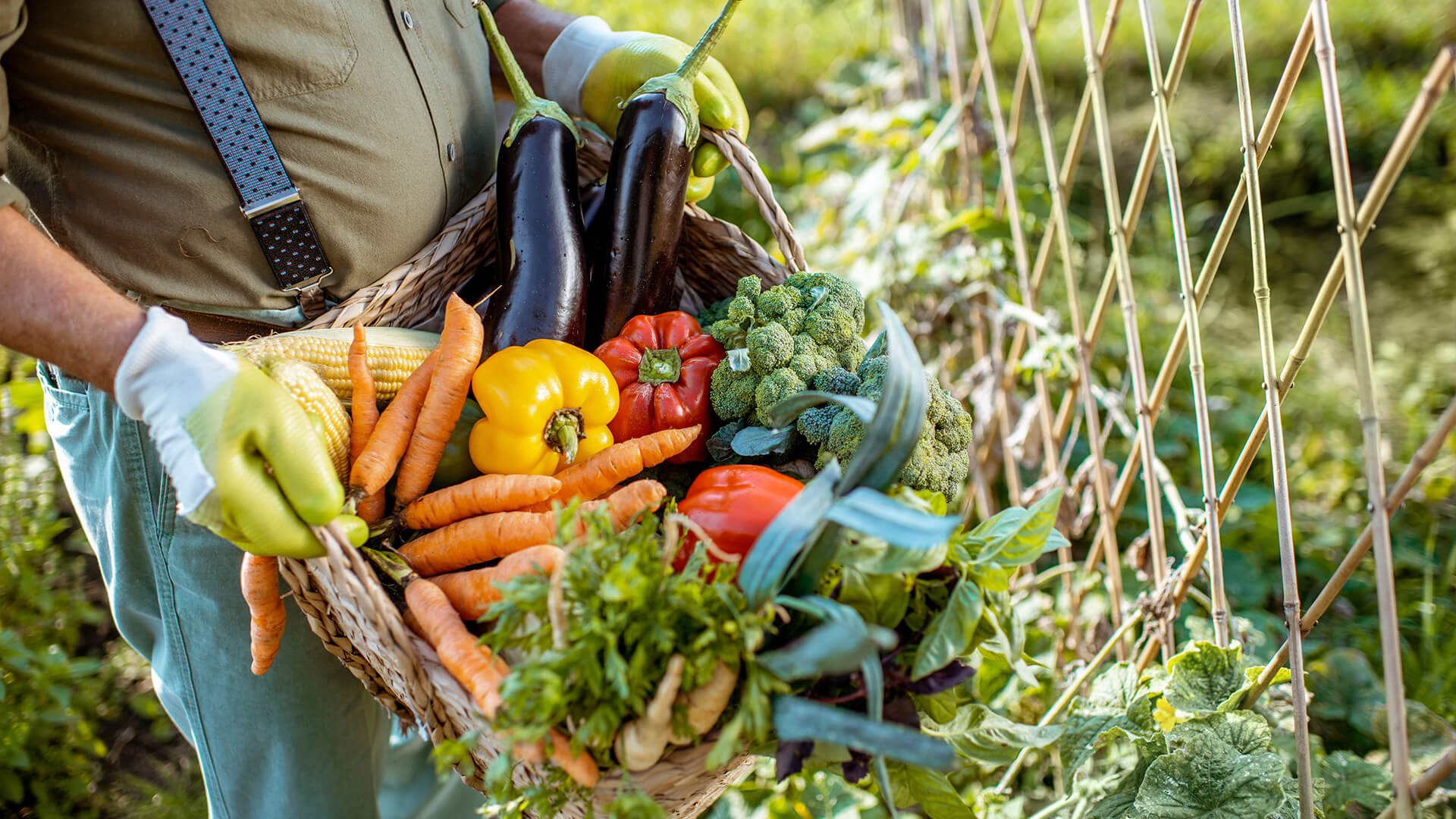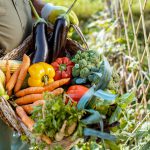Achieving a balance between the growing demand for food and caring for the planet, and each of the ecosystems, is an increasingly complex task. However, in this tandem, fertilizing the fields plays a very important role, not only to improve agricultural yields but also to guarantee access to optimal quality food for the maximum number of the population.
Agricultural fertilizer as a synonym for the future
Providing extra nutrients to the field is a long-established agricultural practice. In this way, by allowing access to necessary nutrients with all types of formulations, humanity has ensured the healthy growth of crops.
However, this contribution today has the great challenge of adapting to climate change and a world population of more than 8 billion inhabitants. In addition, to this challenge is added the difficulty that fertilizing the fields, in no case, should be done in an excessive manner, since it would have a negative impact, on the one hand, on agricultural performance, and on the other, on the entire around. And this is a trigger that we should not allow ourselves.
To ensure the optimal and sustainable yield of crops, and consequently the levels of food extractions necessary to nourish Humanity, the implementation of regenerative practices, such as crop rotation or other cultivation techniques, should also be added to fertilizer planning. soil conservation, as well as the advantages of agricultural technology innovation, through satellite monitoring or data analysis tools.
At the crossroads of feeding a growing world population and the urgency of taking care of our planet, fertilizing the field is a very important step, and doing it in a respectful way, and with quality products, even more so.
With this mission we not only promote optimal harvests, but we also protect the planet where we live and we have the opportunity to rethink our future.



